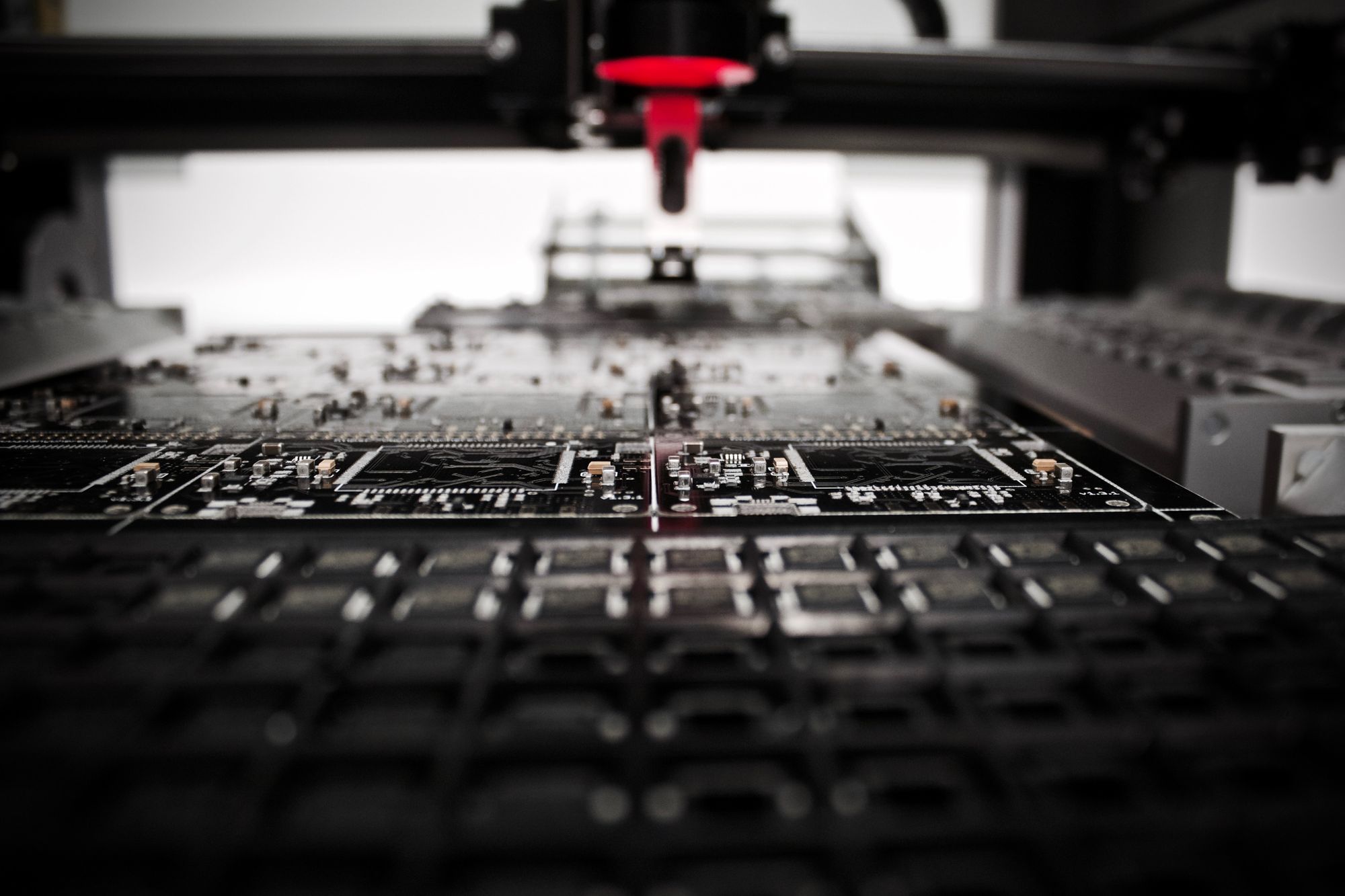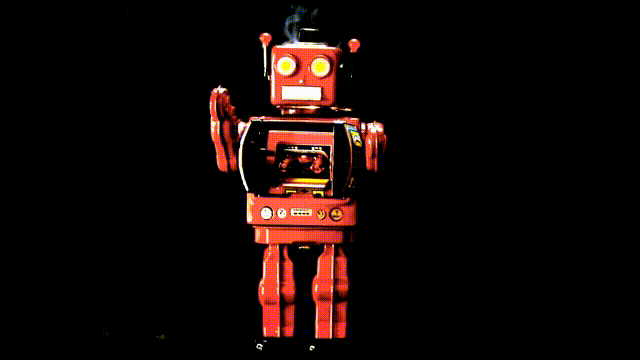
What is Robotic Process Automation?
When exploring the tools and technologies that can help improve your CX, you will hear the term 'RPA' mentioned - Robotic Process Automation. Now it sounds pretty self-explanatory, but what does it actually mean and how will it benefit you and your business?
As part of a series of posts from the team here at Lokulus, we'll be looking at some of the most common phrases and abbreviations in the business and giving you some top-level, no-jargon definitions, along with a sprinkle of etymology and history too.
Let us flash back to 1921...
The word 'robot' originates from the word robota, which, when translated (depending on which slavic language), denotes to themes of 'work', 'labor', and even 'servitude'. This word was then first introduced to the English language by a Czech playright Karel Čapek to represent man-made, subservient artificially intelligent man-made workers in his groundbreaking play R.U.R. Shortly after, Issac Asimov followed with his 3 Laws of Robotics and thus began a snowball effect on the (some light, some dark) imaginations of writers and scientists on what robotics could become.

Now, until a matter of years ago, the word 'robot' would have conjured up images of mechanical beings, humanoid or animal, clad in metal and perhaps adorned with all sorts of blinking lights and buttons. Indeed such robots still continue to be represented in films and modern culture, but this word means so much more now.
Humans have evolved, and so has our technology. Here is all you need to know about RPA.
So, Gartner's Description of RPA is as follows:
“Robotic process automation (RPA) typically uses a combination of user interface (UI) interactions and APIs to integrate and perform data transcription work between different enterprise and productivity applications. RPA automates repetitive human tasks by emulating the same human transaction steps, mainly via orchestrated UI interactions. An RPA tool operates by deploying software script that emulates a human process/task within a workflow. This runtime executable of the RPA script is commonly referred to as “robot” or “bot”. All RPA tools consist of a control dashboard/orchestrator, which can be used to manage these robots or bots.”
Now, this is a long and somewhat 'dry' description, so we've summarised all you need to know below...
- Robotic Process Automation (RPA) is technology with human-like capability, but delivered with incredible speed and accuracy. This human-like activity can be, at the simplest level, replicating mouse clicks and keystrokes.
- RPA means processing unattended automation flows, requiring no human interaction in order to complete this process.
- RPA can happen in the background, on an unmanned desktop.
- RPA is unlike traditional IT systems deployments as it takes a non-invasive approach, where you do not need to re-design data architecture or make drastic changes to applications.
- RPA can work with the tech systems you already have.
What is exciting about this technology is that we can make RPA work for businesses by replicating human operations, so we can apply this to connect with your exiting processes, technologies and software.
So how does this help overall CX?
We have been innovating and deploying RPA in forward-looking businesses since the technology emerged, to help streamline and manage crucial processes within the customer journey. With increasing interactions needed with just one customer to provide the best experience for them, businesses can use RPA to minimise the amount of mundane and low value tasks an individual agents needs to do to help them. Agents can then focus on adding value to the things only a human can process - empathy, understanding and connection with the customer, from the beginning to the end of the their journey.
The only way to keep up with the pace of CX is to ensure you have the technology to do so. All leading businesses have the best tools in place so their teams can focus of delivering the best levels of skills and knowledge to enhance and guarentee a great customer experience.
Find out more about how you can guarantee process-based performance with RPA with a chat with one of our team.
